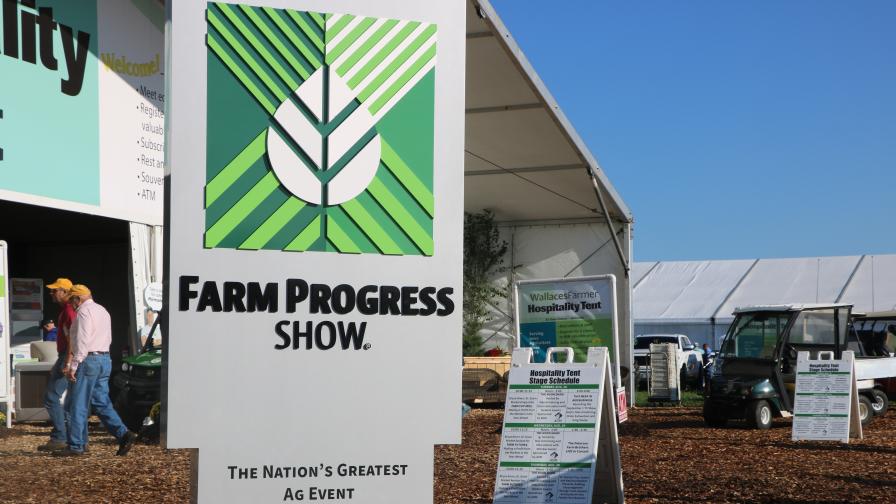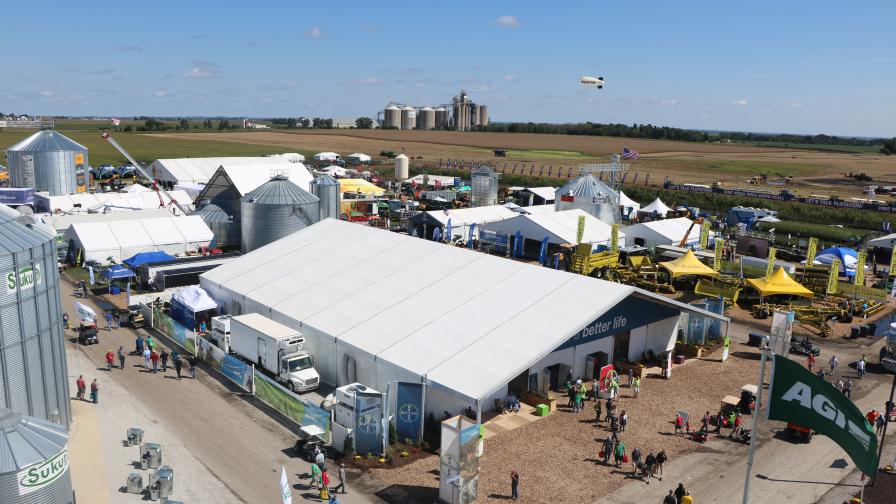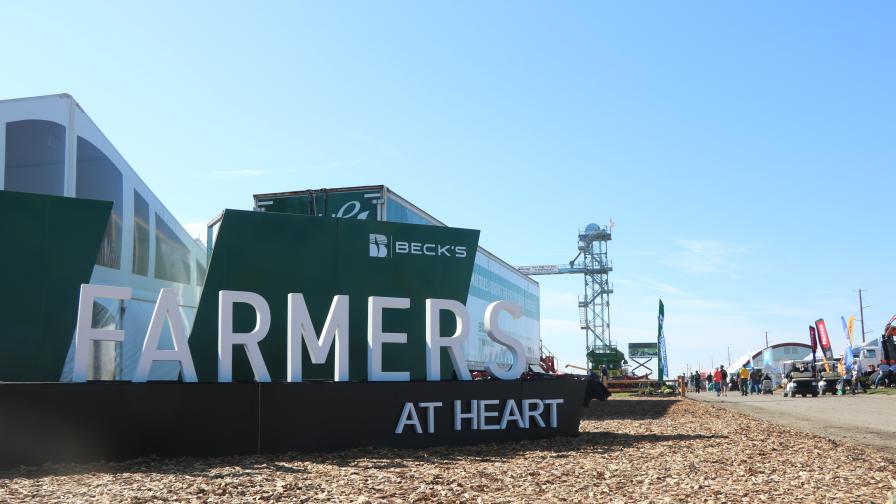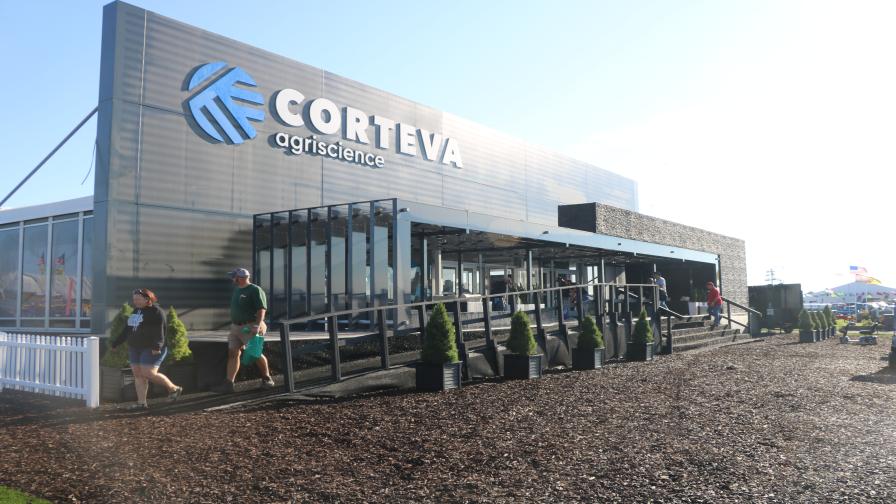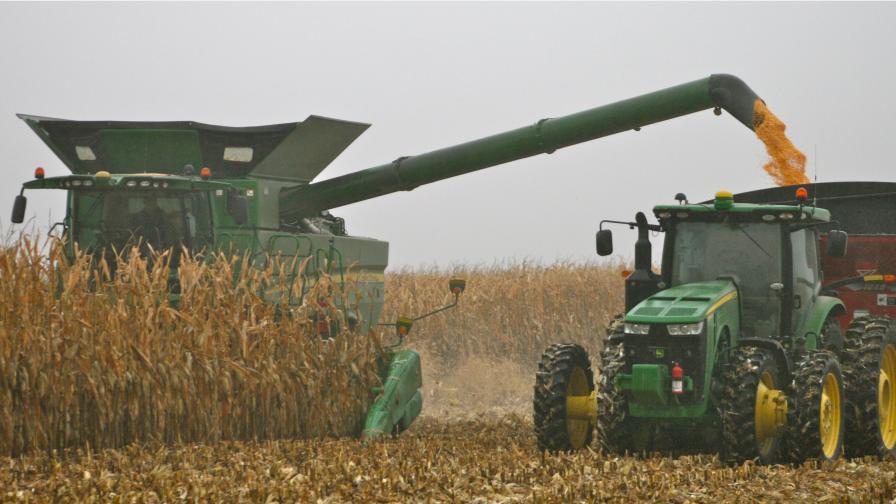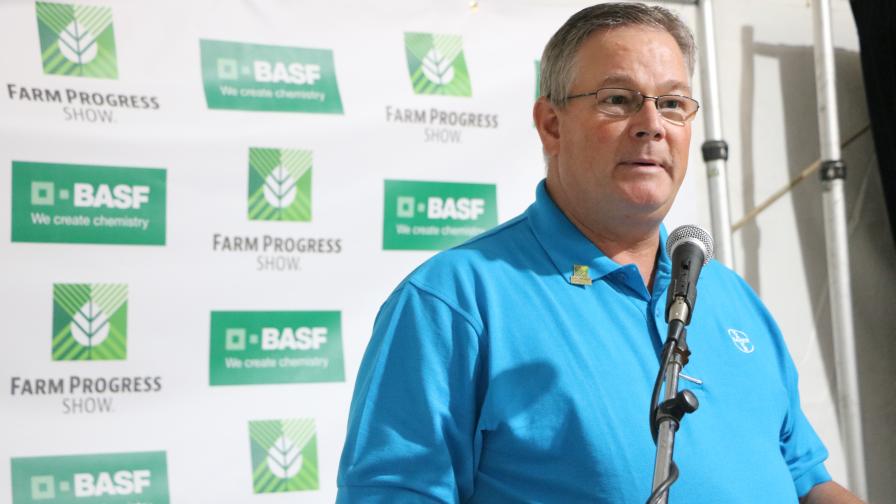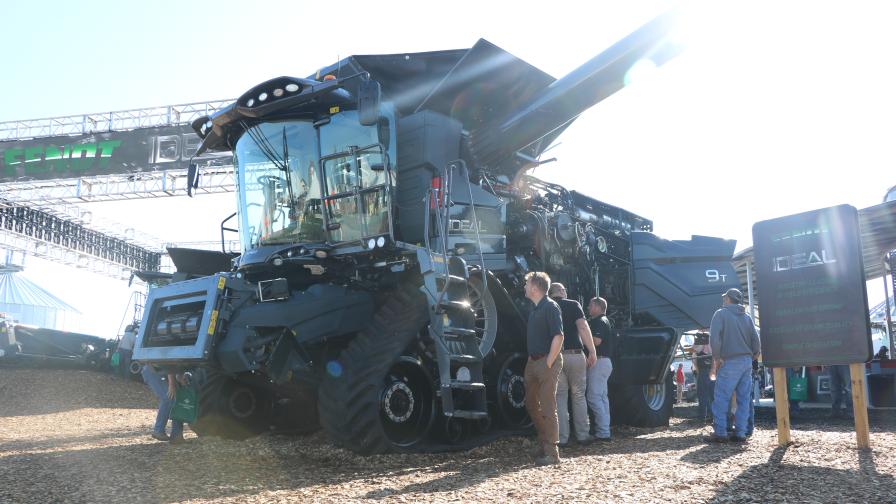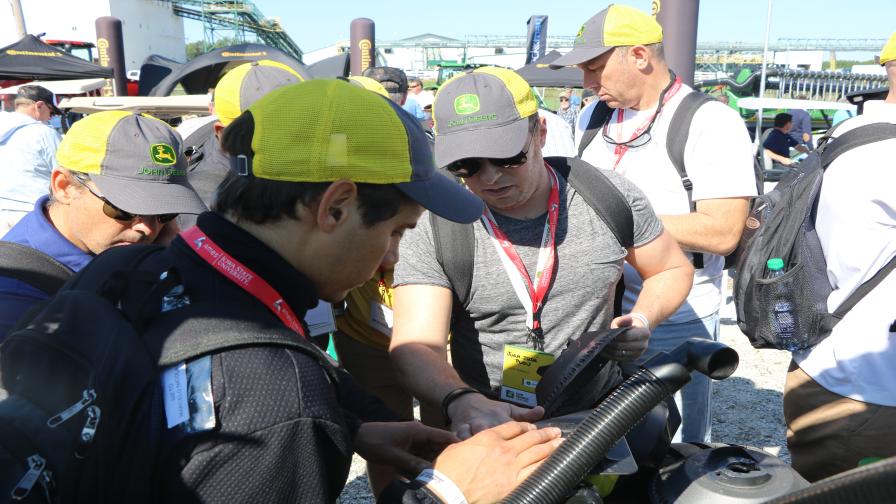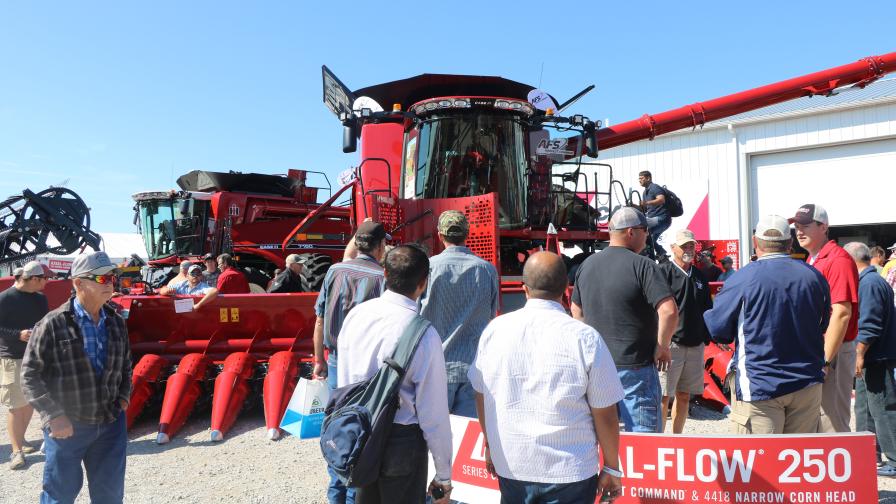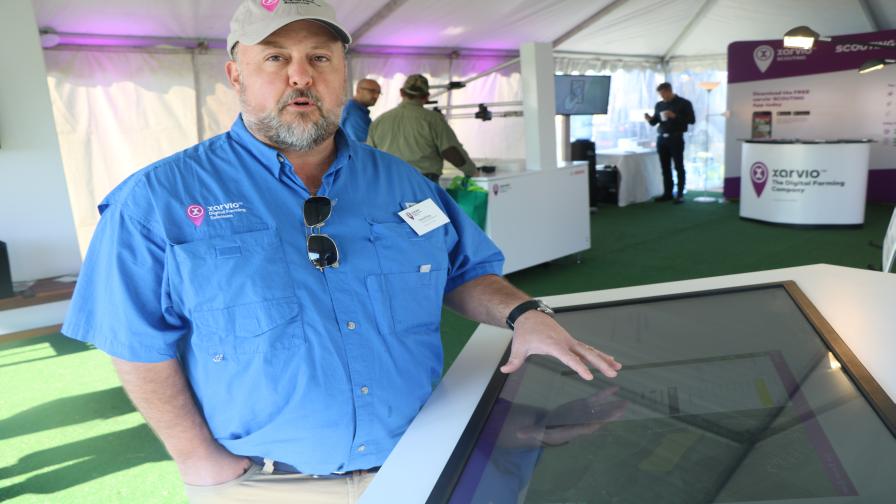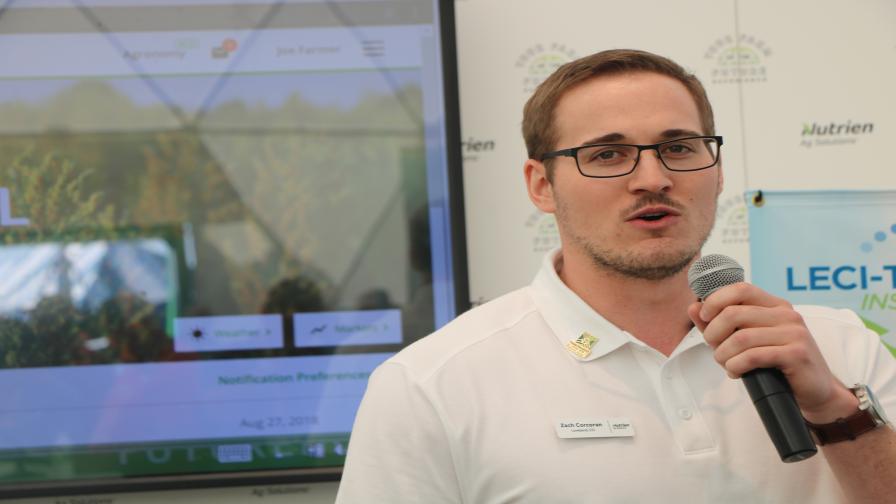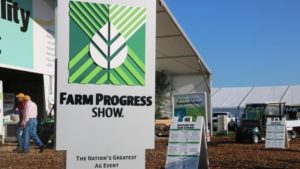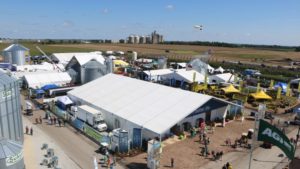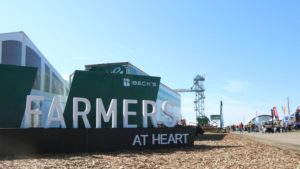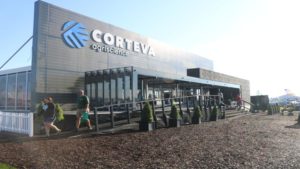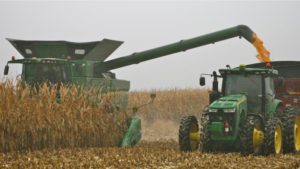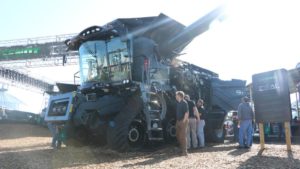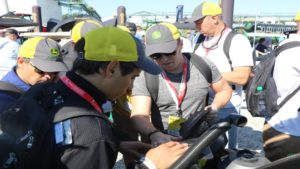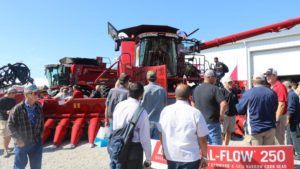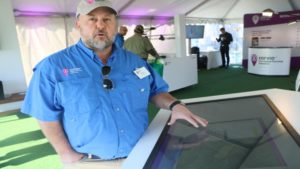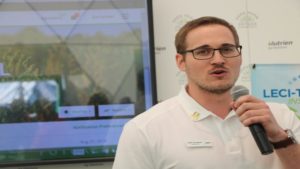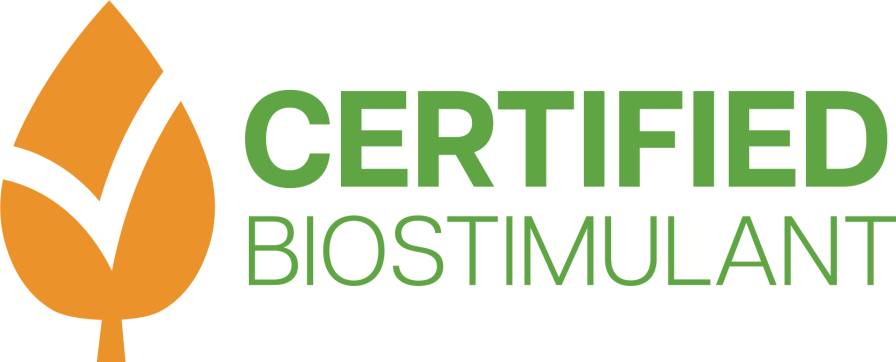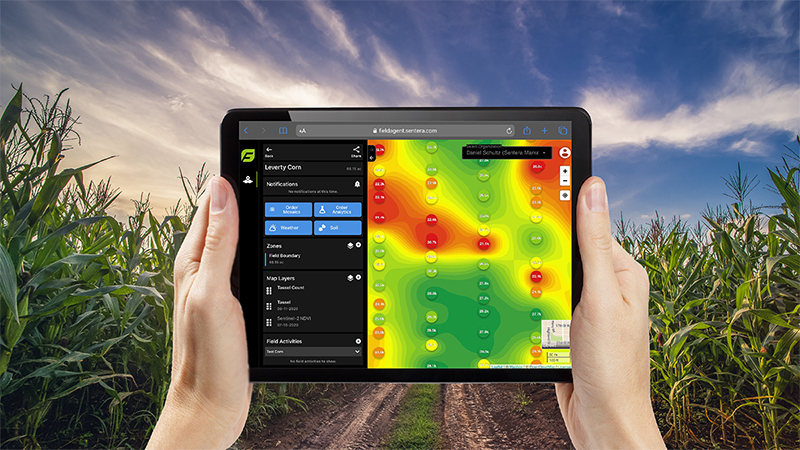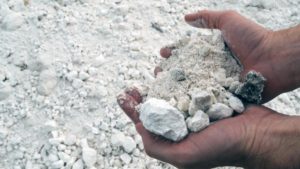Monsanto-Bayer: Business As Usual for 2019, Possible Changes Coming 2020
Appearing in the coveted 1 pm press conference time slot in the Media Tent at Farm Progress 2018 last week in Boone, IA, new Bayer CropScience Chief Operating Officer (COO) Brett Begemann (former President at Monsanto) read a wide-ranging prepared statement to the assembled media, detailing the new combined companies’ 2019 plan, and also shedding some light on what is in store for 2020. Begemann also addressed the recent troubles surrounding Monsanto’s foundational Roundup (glyphosate) product. In August, according to MarketWatch.com, a California court ordered Monsanto to pay $289 million in damages to groundskeeper Dewayne Johnson after the jury decided that the company’s products (ie glyphosate) likely contributed to Johnson developing terminal cancer. It’s also been widely reported that the combined company faces “around 8,700 lawsuits around the world” related to its glyphosate business.
Below are Begemann’s comments in full addressing the media at Farm Progress Show 2018, Wednesday, August 29:
“I’ve been in this space for many, many years, and I don’t think I’ve seen a more exciting time for agriculture than now. It’s a challenging time in agriculture, no doubt, with commodity prices where they are and the yields that we’ve experienced around the world, and that creates difficulty for all of us that are in agriculture, no doubt about that.
But when I look around and I see the development of innovation and technology that’s going on around us, billions of dollars being invested in startups in agriculture which never in my wildest dreams 15 years ago did I believe would ever happen. And today we’re seeing that in real-time. Our goal is to bring all of that together – with our traits, with our seed, with our crop protection products – leverage those digital tools to help farmers do what they do better.
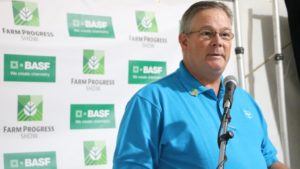
Bret Begemann, COO, Bayer CropScience.
Having the opportunity to talk a little bit about our new company and our new path forward as we’ve spent the past couple years working with regulators around the world to bring together Bayer and Monsanto into the new Bayer CropScience business. I could not be more excited, and I’ve agreed to become the new Chief Operating Officer with Bayer CropScience, and I am Brett Begemann.
A couple of things that I think as we move forward…not a lot has changed eight days into the deal from what we’ve been telling our agricultural customers around the world, that we intended to do. And that was to take a terrific crop protection portfolio, a great seeds and traits portfolio, the world’s best digital platform for agriculture, and bring those together into one company. And leverage all of that technology together to drive innovation in agriculture, faster than we’ve ever seen before in agriculture.
Bob Ryder Reiter is with me, he’s the new Head of R&D with Bayer, he’s going to talk about some of the new opportunities for innovation and development, so I won’t steal all of his thunder. But that’s really the heart and soul of what this is all about in bringing this together, how do we drive more value for our customers from innovation from the new technologies that we can put together as a new company.
And I think at the backdrop of all of this is, you could say ‘Why does it matter?’ I don’t think there is a more pressing challenge in the world, over the next 25 years, than figuring out how to increase the productivity of agriculture to feed 9.5 billion people by the year 2050, and do it essentially on the same footprint of land, on the same footprint of water. We’re not getting anymore land, and we’re not getting anymore water.
It’s a huge challenge. And it’s great to see all of this innovation and technology coming from all different parts of the world and all different avenues, to drive that productivity. The caveat to all of that is, we have to do it in the most sustainable way possible. We have to take care of the planet but when we’re trying to drive innovation and technology at such a high level, innovation and technology can be, and I believe will be, the key to being able to drive productivity and do it in the most sustainable way possible.
A lot of people here at the show are asking me, ‘So what’s going to happen with all of the brands?’ In the near term, nothing. Thus the beauty of two businesses coming together that were essentially complimentary businesses. We had crop protection products within the legacy Monsanto, but predominately that is coming from Bayer. We have our seed portfolio, but as we all know the regulators did their job, as we expected that they would, and all of the seed businesses from Bayer were sold, and therefore the seeds coming from Monsanto – the biotech traits, and of course the digital platform that we have for driving it with FieldView and the Climate Corporation, to bring it all together for our farmers…
So, the brands that are out there are going to be out there. One of the things I’ve shared with farmers since I’ve been here this morning is that the choices they had yesterday are the choices they will continue to have in the future. Choices are not going away because of this deal. The products that had to be sold off were sold to highly competent, very capable multinational companies that will be very capable of keeping those products in the marketplace. Farmers are going to have all the choices they’ve had.
What I believe is that this deal brings together the opportunity to create even more choices, bringing more opportunities to farmers, to increase the productivity and of course the profitability, on their farms. The way we go to market – and I would say for ’19, because we’re going to harvest this year, and we already have started to talk to farmers about seed purchases for next year – it’s going to look a lot like both companies did last year. We’re not changing anything with who is going to be calling on them, or who they should call. Call the same number that you called last year, call the same person, call the same location, that is the way we’ll be servicing the market in 2019.
We’ll take our time, we’ll be very methodical. We’re going to talk to a lot of farmers. We’re going to ask for a lot of advice. We’re going to talk to other industry leaders. We’re going to talk to commodity associations, get advice and insights from them on what they expect this new company to do, and how best can we do that to support agriculture and support our farmers? Of course we have ideas of our own, but we want to hear directly from our customers, to help us set the pace in how we go forward.
I couldn’t be more excited to get that process started, and then as you look at 2020, yeah you might start to see some changes, but I’ll tell you you’re not going to see brands go away, you’re not going to see products go away. That has never been the intent behind the deal.
One of the other areas that I get questioned about a lot is, ‘Well, what about the communities where you live and work?’ We are absolutely committed to those communities. Of course, Bayer has operations across the U.S. and around the world, and so do we (Monsanto). They happen to be at different localities, in many cases that will continue, because we need both of those businesses to operate. In many cases ours (Monsanto) are seed footprints, theirs (Bayer) are chemistry footprints … we’re going to continue to be an active member of the communities that we’ve been in before and we’ll continue to do that in the future.
There’s always challenges in agriculture, whether that be working with industry stakeholders and others outside the industry around sustainability, or working on various other topics that involve agriculture. And most recently we’ve had some challenges with one of our products, specifically Roundup, with some challenges that are being threatened against Roundup … what I can say is that we’re going to be absolutely committed to supporting all of the products that we have to bring forward in the marketplace. They will be challenged, that happens in this and other industries. There’s no questions in our mind about the products or the services that we offer in the marketplace. We welcome the questions, we welcome people’s questions about our products. But we’re going to continue to support those products and do everything we can to keep them available in the marketplace for farmers as they march into the future.
I think one of the biggest opportunities that we have as an industry is that we reach beyond our agricultural community to have more of our conversations. I think we do a pretty good job having conversations within our industry, but we don’t reach outside of our industry enough. I’d like to see us spend a lot more time, and we’re going to champion some of that in here, we’re going to encourage some of those conversations go beyond the walls of agriculture. Let’s talk to society, let’s engage in a conversation. Let’s help people understand the incredible things this industry has already done to drive sustainability in agriculture. And then let’s engage in a conversation about how do we work together to continue to do more? Because we haven’t done enough, we have to do more, but let’s do it together. Let’s do that conversation together, and engage in that conversation.
I think there’s a lot of people out there that just want to be sure that what we’re doing is sustainable, we’re making good decisions, and we believe that we are, that we have to share that conversation. I could not be more excited about agriculture, I could not be more excited about the opportunities for Bayer. As I think about this there’s been moments in my career where I thought ‘Man, I never thought agriculture was going to be this exciting!’ It was one moment in my life, when my father was in his last days, he pulled me aside and he said ‘You know what, you know the worst thing about moving on?’ I said ‘No Dad, what’s that?’ ‘Agriculture is just now starting to get fun’. And he was right. It was. And that was in the early days of biotechnology and the changes in the industry. I’ve got to tell you, I’m more excited today than I was in the early days of biotechnology, because digital and digital transformation is going to change our industry for the better, more than biotechnology did, and I can’t wait to play a part in that with our new company, engage with farmers and help increase the productivity of agriculture.
Thank you.”

